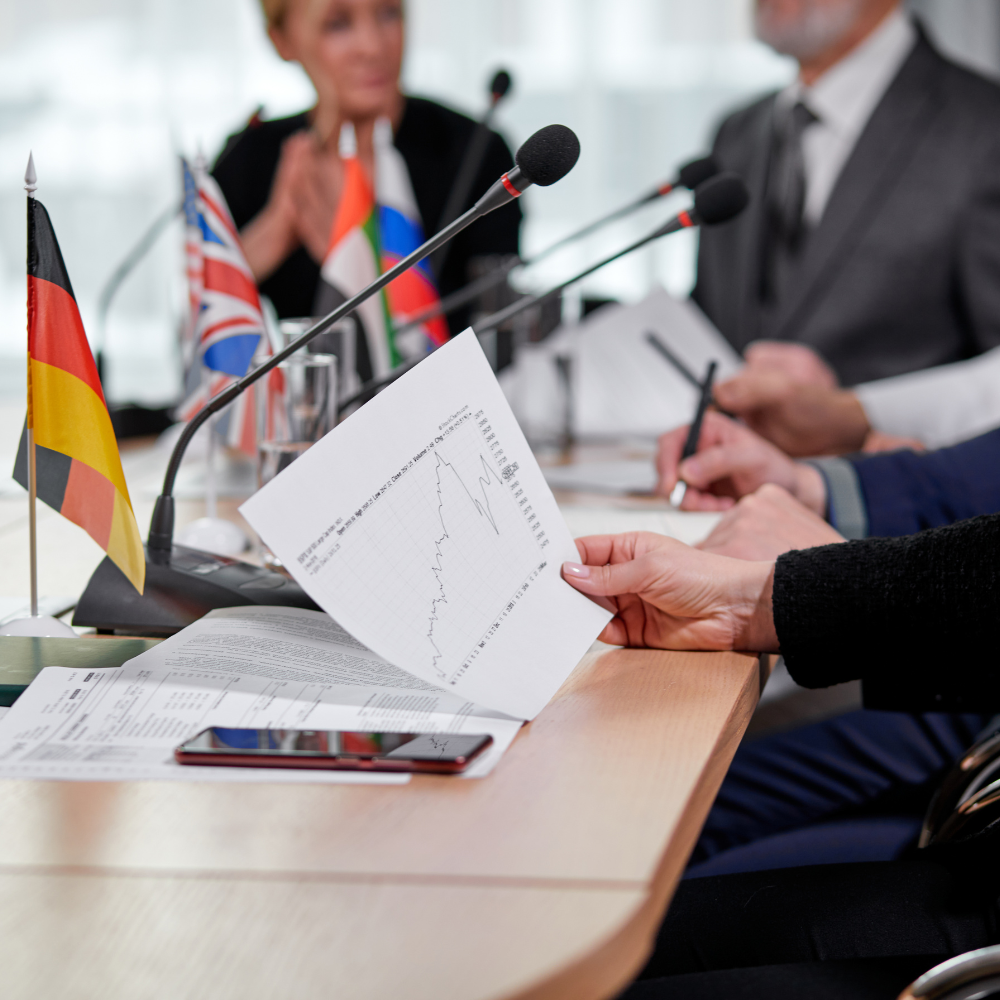German coalition government collapses as Scholz dismisses key Minister
In a dramatic turn of events, Germany’s governing coalition has fractured, plunging the country into political uncertainty after Chancellor Olaf Scholz dismissed Finance Minister Christian Lindner, head of the pro-business Free Democrats (FDP), from his position. Scholz, representing the Social Democrats (SPD), declared he would call a vote of confidence in his government on January 15, raising the possibility of early elections if the vote fails.
The abrupt dismissal of Lindner has led to the disintegration of the so-called “traffic light” coalition that brought together Scholz’s SPD, the environmentalist Greens, and the FDP. This coalition, formed in 2021, was initially seen as a progressive force aimed at tackling both environmental challenges and economic growth. However, mounting tensions within the alliance had been simmering for weeks and came to a head on Wednesday night.
Scholz announced in a press briefing that he could no longer trust Christian Lindner, stating that Lindner’s actions had undermined the confidence essential for effective governance. Scholz emphasized that Germany needs to demonstrate stability, particularly on the international stage, as it faces challenges that require unity above party interests. He underscored the importance of dependable leadership in light of recent political changes in the United States and their impact on European security and economic cooperation.
In response, Lindner accused Scholz of steering Germany into a period of uncertainty. The FDP leader argued that Scholz’s policies were destabilizing Europe’s largest economy, highlighting fundamental ideological differences within the coalition. Scholz’s SPD, along with the Greens, has pushed for loosening Germany’s strict debt rules to increase public spending, aiming to stimulate economic growth, address high energy costs, and support the 1.5 million Ukrainian refugees who have arrived since the onset of the war. In contrast, Lindner and the FDP have advocated for tax cuts, reduced social spending, and a postponement of environmental targets.
The policy standoff had left the coalition on shaky ground, even before Wednesday’s fallout. Germany has been grappling with stagnant economic growth for two consecutive years, a situation exacerbated by the energy crisis spurred by Russia’s invasion of Ukraine in 2022. These economic strains intensified disagreements within the coalition, particularly between Lindner’s fiscally conservative FDP and the more socially and environmentally driven SPD and Greens.
Following the collapse, Economy Minister Robert Habeck of the Greens announced his party’s intention to remain in government, signaling that the Greens would continue to support Scholz despite the FDP’s departure.
In a bid to maintain functionality, Scholz has reached out to Friedrich Merz, leader of the opposition Christian Democratic Union (CDU), hoping for CDU support on critical legislative matters. Without a majority, Scholz’s SPD-Greens alliance will need to form ad hoc coalitions with other parties on individual votes, complicating the passage of significant policies and reforms.
The collapse of the coalition also means the departure of four additional FDP ministers, responsible for justice, transport, education, and other key areas. Scholz is expected to announce Lindner’s replacement soon, though this alone may not resolve the broader instability that now faces his administration.
If the Bundestag rejects Scholz in the upcoming confidence vote on January 15, Germany would be forced into snap elections by March, months ahead of the originally scheduled date in September.









